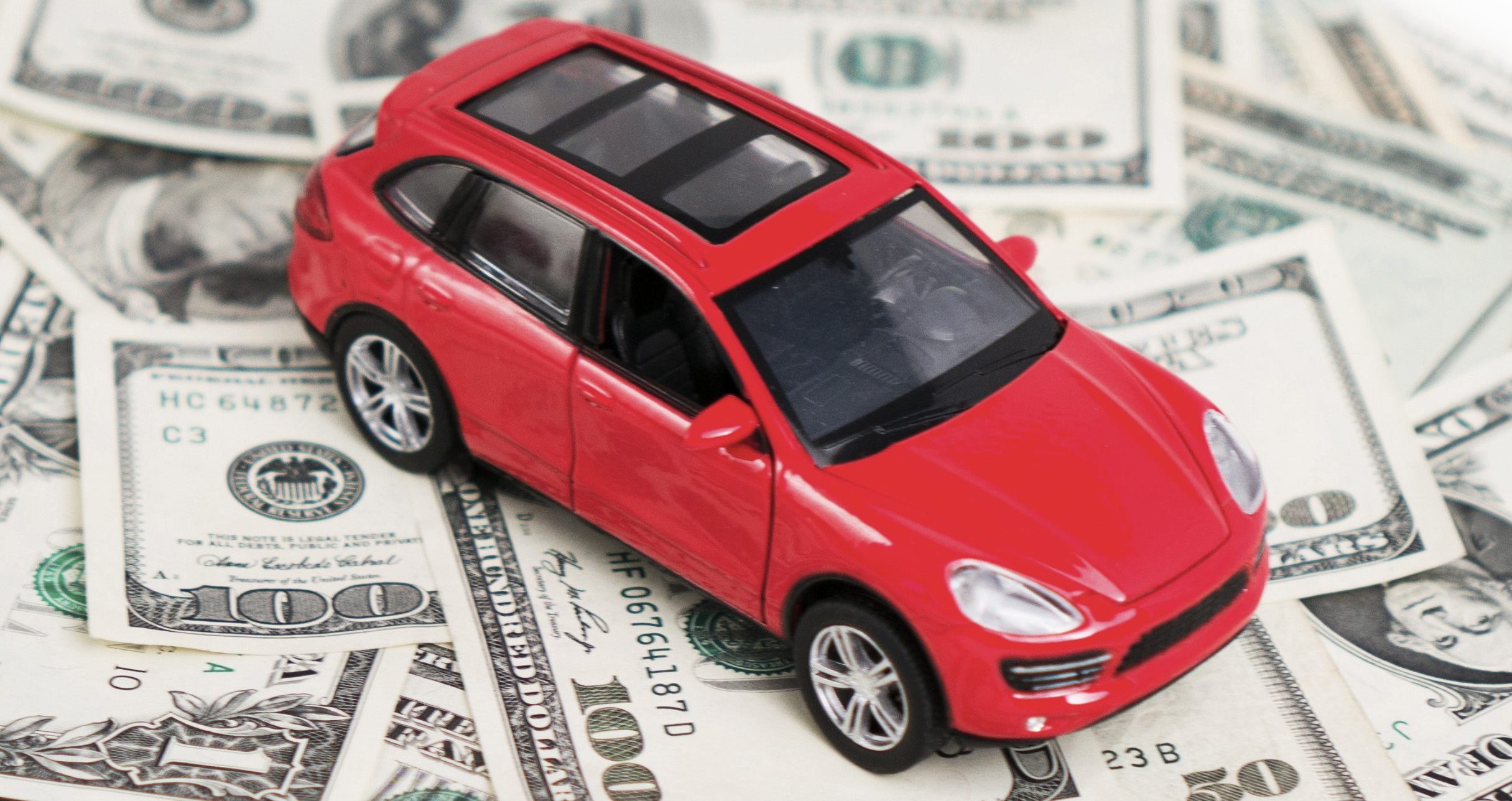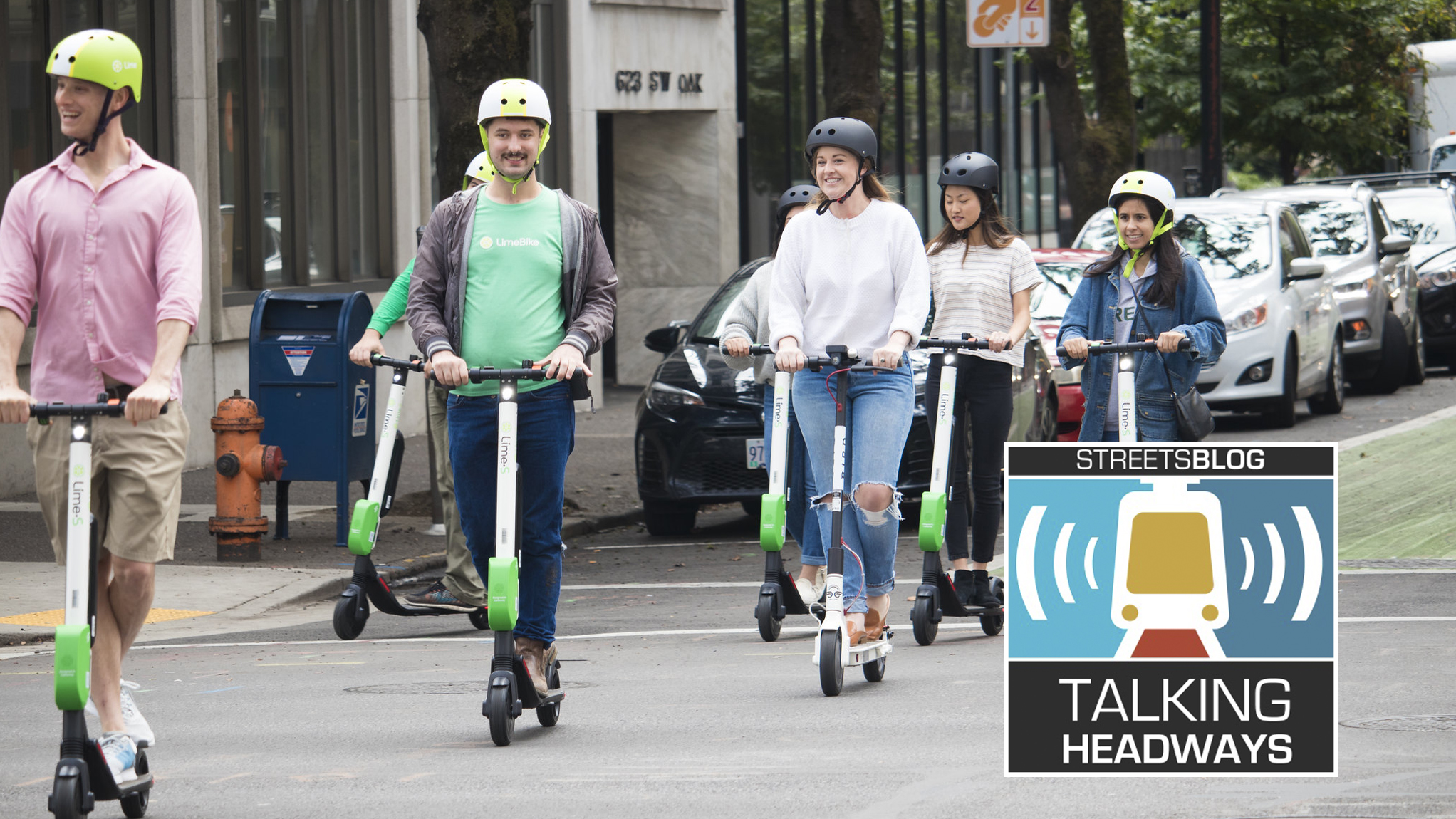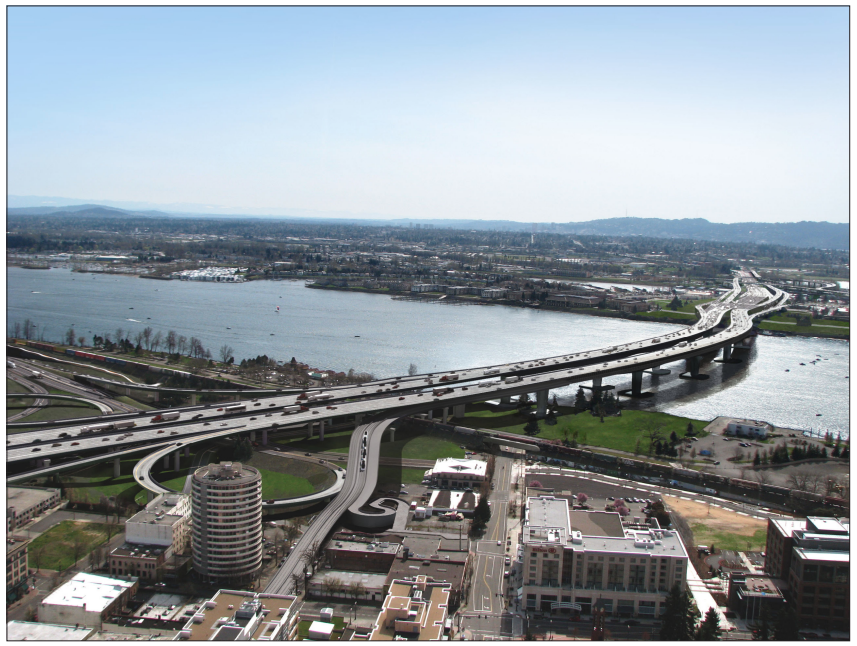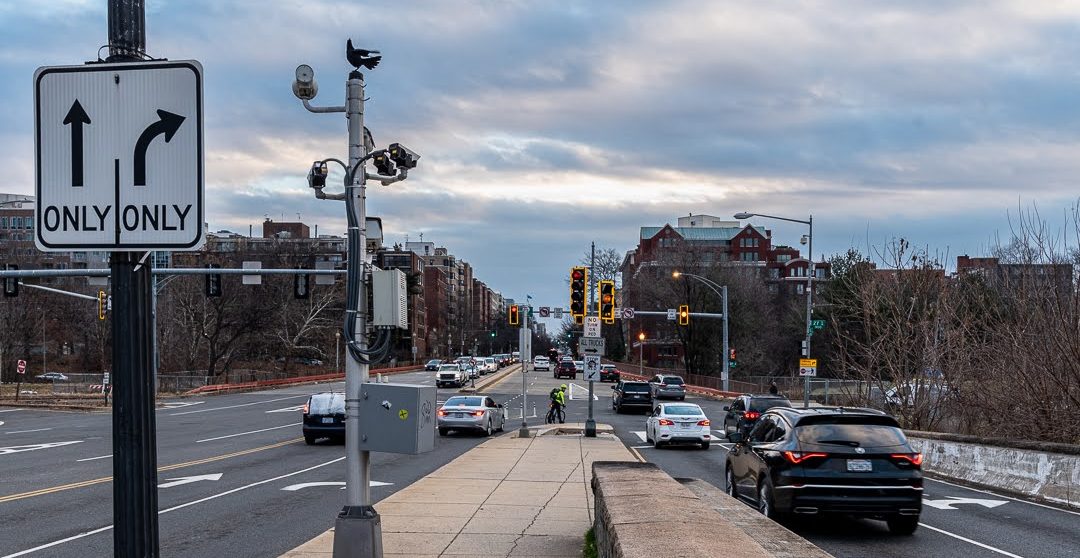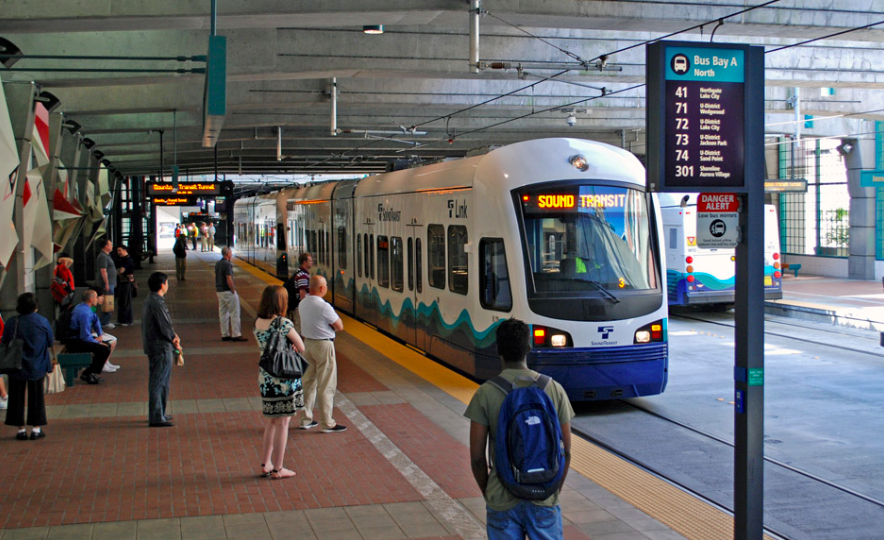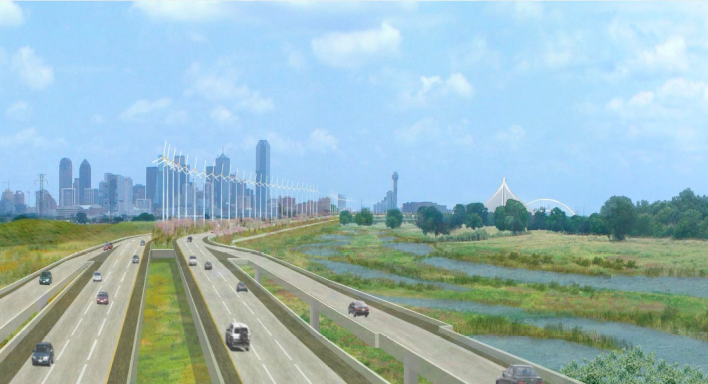
A recent report by U.S. PIRG and the Frontier Group, “Highway Boondoggles: Wasted Money and America’s Transportation Future,” examines 11 of the most wasteful, least justifiable road projects underway in America right now. Here’s the latest installment in our series profiling the various bad decisions that funnel so much money to infrastructure that does no good.
The Trinity Parkway is a proposed nine-mile, six-lane urban highway (with tolls) that would run along the Trinity River through the heart of Dallas. Proponents claim that it is needed to relieve crushing regional traffic congestion that they expect will only worsen over time. But planning documents suggest that the $1.5 billion project would have only very limited impact on congestion and would be susceptible to flood damage.
A growing chorus of city leaders is asking whether the highway is really compatible with a Dallas that is experiencing major urban revitalization driven in part by expansion of public transportation and quality of life improvements that would be hampered by a vast new highway.
This project has been justified in part by forecasts of rapid growth in traffic in the project area in the decades to come. In most parts of the project area, however, planners are anticipating far greater growth in driving between now and 2035 than actually took place between 2007 and 2012, the most recent years for which traffic data are publicly available. Indeed, traffic actually declined between 2007 and 2012 at eight of 12 specific locations affected by the route where officials forecast traffic to increase by 2035.
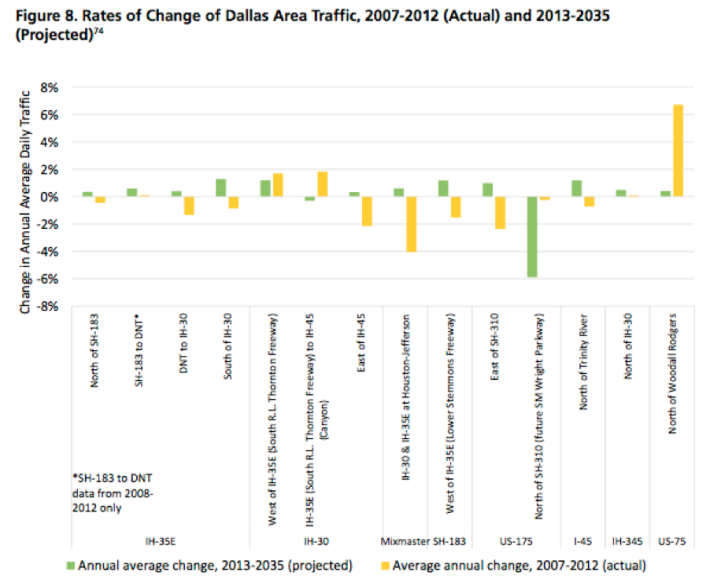
The Trinity Parkway is part of a massive proposed highway expansion plan for the Dallas-Fort Worth area, with those additional projects costing as much as another $5 billion. Advocates of the Trinity Parkway have argued that it is an essential piece of that broader plan.
But Dallas community leaders have expressed concerns that building the Trinity Parkway would interfere with other important goals, including the revitalization of downtown Dallas. The highway would run directly next to an area along the Trinity River where wildlife and habitat preservation are in the works, including protection of a 6,000-acre hardwood forest and 4,000 more acres for trails, parks and lakes. Already, Dallas residents are taking advantage of new parks, trails and other amenities along the river, the enjoyment of which would be threatened by construction of a major highway connector.
Even the original proposer of a Trinity roadway is horrified by the plan for a superhighway. Alex Krieger, a planning professor who originally discussed a modest access road outside the levees to approach the nature preserve recently apologized to the Dallas community, saying “a fricking highway is not the thing to do.”
Some prominent Dallas leaders who originally supported the idea of the Trinity Parkway have changed their minds upon further consideration of what it would do to the fabric of the city. D Magazine publisher Wick Allison, who had strongly backed the proposal in the late 1990s, told the Dallas Observer that city officials have had in hand since 2010 “expert advice [saying] not only not to build the [Trinity Parkway] but to tear down, depress or somehow link over most of its existing freeways,” to bolster connections within the community. And he observes that rather than sparking downtown development, highways in Dallas have killed the growth in areas that surround them.
Larry Good, a local planning advocate who for a decade supported the parkway, wrote in a June 2014 column for the Dallas Morning News, “I have changed my mind and now confess publicly my opposition to building this highway.” He argued that its construction would jeopardize the successes of recent major “quality of life” investments in the area where the highway would go, including outdoor recreation opportunities. Other developments in the city, such as improved light rail and infill development in urban neighborhoods could also benefit from funding for additional transportation options.
The sacrifices Dallas would need to make in both quality of life and dollars-and-cents do not appear to be worth it for the congestion reduction benefit the project would deliver. According to the project’s final environmental impact statement, the percentage of highway lane-miles in the project area that are subject to traffic congestion is expected to be the same in 2035 regardless of whether the project is built or not. In the aggregate, construction of the highway is anticipated to induce drivers to travel 1 million more vehicle-miles per day in the project area in 2035 compared with a “no build” scenario, with those drivers spending an additional 11,000 hours a day in their cars.

